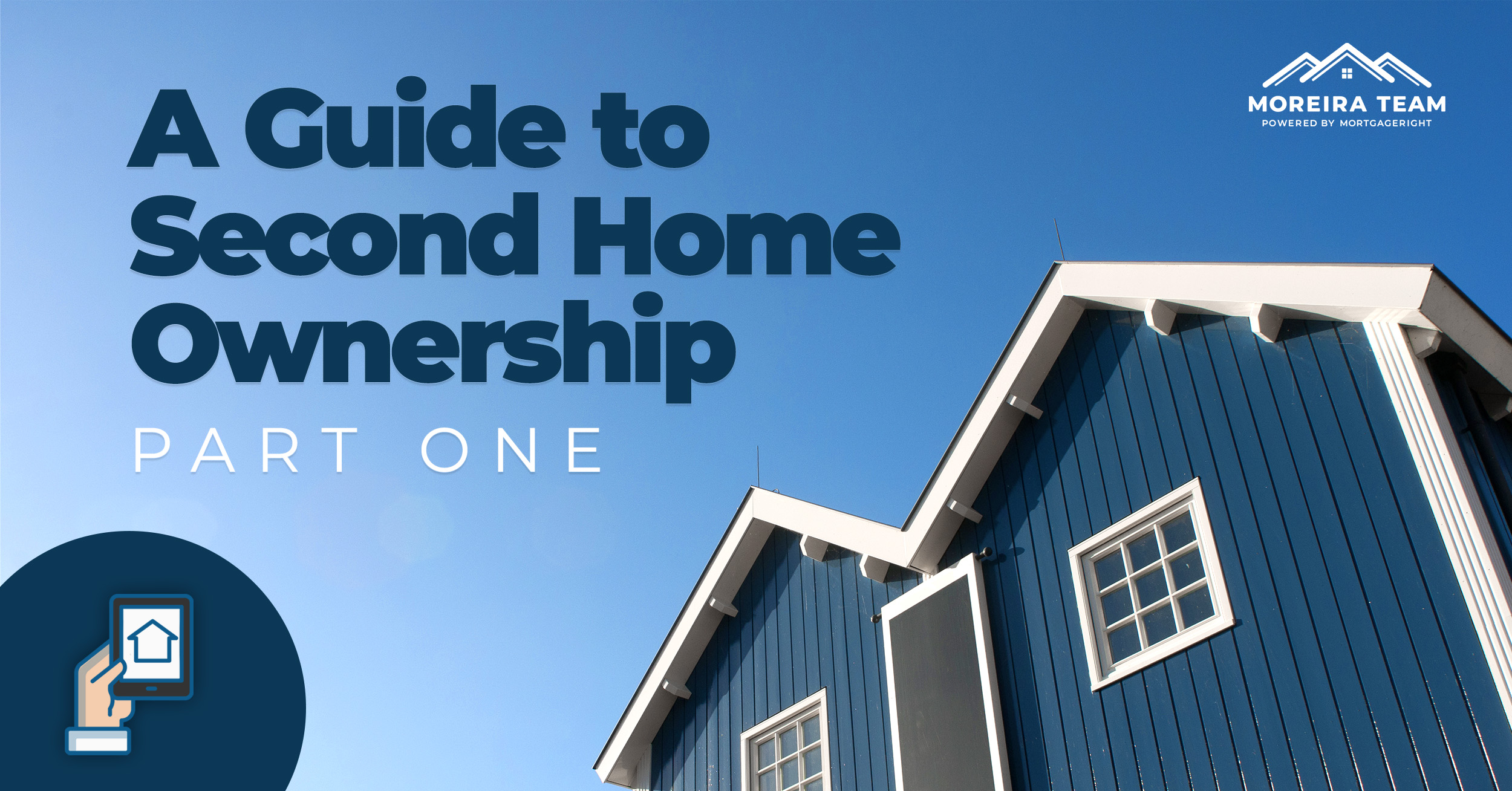
In this article
Many people aspire to own a second home, and their motivations vary. Perhaps they want a retreat to escape the hustle and bustle of daily life. Or, they frequently travel to an area and seek a hotel alternative. They might desire rental income to help put their kids through college. For those who want to purchase a second home, understanding the options, benefits, and how-tos will bring them closer to realizing their dream.
How Do You Purchase a Second Home?
Purchasing a second home is very similar to purchasing your first one, but there are some other considerations. This home will have a different purpose than your primary residence. The 3 main things to consider when buying your second home are:
- Planning your purchase with a professional
- Figuring out a realistic budget for your second home
- Learn about the different loan types that are available for second home purchases
Plan with a professional
Financial preparation is the first step in being able to purchase a second home. Interested buyers should meet with a certified financial planner to assess their finances and determine a realistic budget for their second home search. This includes a review of current income, outstanding debt, and credit score. A solid financial foundation and a good credit score are fundamental to securing favorable mortgage terms. A planner will sort the details and provide the financial framework so buyers don’t have to.
Establish a budget
Buyers should feel comfortable with the budget they set for their second home. The budget considers the purchase price and ongoing expenses like property taxes, maintenance, and homeowners’ insurance. A well-defined plan will narrow the options naturally and ensure a sustainable investment.
Investigate different loan types
There are several types of mortgages and loans. Buyers must have a clear vision for their second property so they can choose the loan that is best suited for it. Some secondary mortgage and loan types include conventional, jumbo, and HELOC (home equity line of credit). Understanding the nuances of the various loan types and down payment options will help buyers make savvy loan decisions. Once again, a financial advisor can be beneficial to navigating the process. They can assist buyers with locking in the best available rate for the loan type and also help them determine whether they will use savings, income from the sale of assets, or leverage equity in the primary residence for the down payment.
Identify the legal aspects
Second properties have more legal ramifications than primary residences, and once more, calling on the expertise of a professional is vital. A real estate lawyer can flesh out the tax requirements, potential regulations, and legal pitfalls for the buyer’s circumstance. The purpose of the second property is paramount to fulfilling the appropriate legal obligations. For example, landlord and tenant laws, regulations, and income reporting requirements apply to rental properties.
What are the Different Types of Second Homes?
Because the purpose of the second property plays a vital role in the financial aspects and decision-making surrounding it, buyers should fully explore the options for property types that are available to them.
Vacation Homes
Many people choose a second home for relaxation and leisure, so a vacation home is the most common type of second property. Whether it’s a beach retreat, a lake house, or a mountain getaway, a vacation home offers a change of pace from everyday life. In this instance, the second property is primarily for personal use and not for rental income.
Investment Properties
Properties whose purpose is to generate rental revenue in the long term are known as investments. These properties appreciate over time and produce passive income. Lifestyle changes should be a consideration for any buyer interested in an investment property because being a landlord is not for everyone. Also central to the decision is the type of property and rental terms. For example, a month-to-month two-family rental and a single-family home with occasional postings on websites like Airbnb or VRBO will impact the owner differently. Despite the additional demands that come with investment properties, they can provide financial security for retirement or large future expenditures like college.
Condominium
For those who travel to a destination regularly, owning a condo may be preferable to a hotel stay. Condo properties have association fees that cover the cost of regular maintenance, which makes them appealing as second properties for people who visit them periodically. Additionally, many condos have amenities on-site and are central to restaurants, grocery stores, and other points of interest.
What are the Benefits of Buying a Second House?
There are many benefits to owning a second home, whether it acts as a personal retreat, a rental property, or a practical hotel alternative. Real estate, especially in a desirable location, will appreciate over time, supporting future financial plans and providing long-term stability. Investing in a second home is a great decision and a rewarding experience for buyers who do their research, solicit the help of professionals, and plan carefully.




